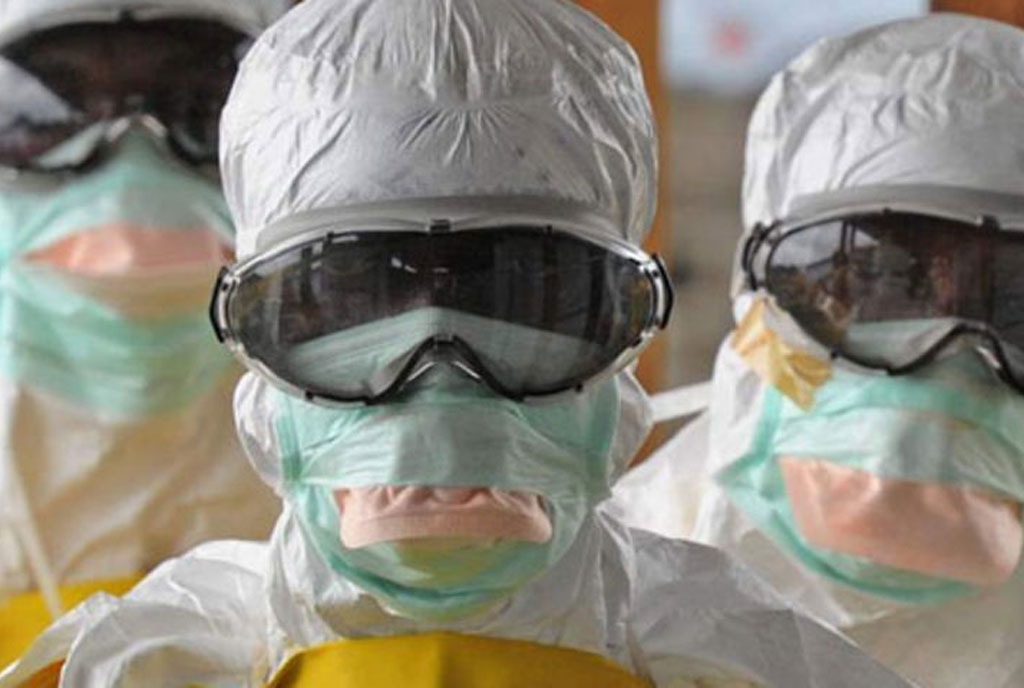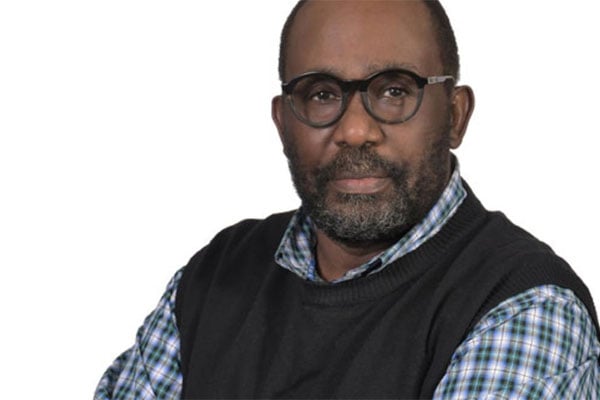Prime
The missing piece in effectively dealing with future pandemics

Health authorities are threatening to impose a national lockdown to curb ebola in Uganda.
What you need to know:
- Platforms such as radio, which has the highest consumption statistics in Uganda, and social media are invaluable mediums in ensuring the proper information reaches its targeted consumers.
On September 20, Uganda health authorities declared an outbreak of Ebola Virus Disease (EVD) - the first Ebola disease outbreak caused by Sudan virus in Uganda since 2012, according to the World Health Organisation.
The declaration followed confirmation of an Ebola patient from Madudu Sub-county in Mubende District, central Uganda.
Fast forward a few days, on September 25, a cumulative number of 18 confirmed and 18 probable cases had been reported from Mubende, Kyegegwa and Kassanda Districts, including 23 deaths, of which five were among confirmed cases.
The President, while addressing the country, announced a plan to limit the outbreak, amidst other restrictions that were previously deployed to curb the spread of COVID-19, including the closure of entertainment joints and places of worship.
“There will be curfew in Mubende and Kasanda districts starting from 7pm to 6am. Public, private transport and Boda Bodas are not permitted to move in Mubende and Kasanda districts to curb Ebola. People travelling across Mubende and Kassanda are permitted to move only after obtaining police clearance and not allowed to stop or pick up a person in the two districts,” Daily Monitor quotes him as saying.
This measure, though seemingly extreme, is warranted if we learnt anything from the recent Covid-19 pandemic. It is a time like this that we ask ourselves what our level of preparation for a pandemic at an individual and national level are.
I believe there are things we can do as countries on the African continent to prepare for the inevitable – the next pandemic.
Partnerships come to mind first. In the case of EBV, Ministers of Health and government representatives from nine African countries recently met at a High-Level Emergency Ministerial meeting on Cross Border Collaboration for Preparedness and Response to Ebola Disease Outbreaks in Kampala, hosted by the World Health Organisation. Such well-structured partnerships encourage the heightening of the health surveillance system and ease the flow of information and coordination of a concerted effort.
As an academician, I am happy to see academic institutions starting to move in sync with national health issues. We are now living in an era where research is directly tied to pertinent healthcare issues being faced in our communities. This, however, comes with a sustained level of investment. It is a fact that a lot of the information utilized during the Covid-19 pandemic was adopted from the knowledge gained through the investment in HIV, tuberculosis and malaria research over the past 20 years. We, therefore, need to see more of this as we learn to predict and prepare robust responses to pandemics.
Finally, information is a major piece of the puzzle. As we prepare for another pandemic, we need to ensure that all information disseminated is consistent, clear, straightforward, and where possible, in as many local dialects as possible.
Platforms such as radio, which has the highest consumption statistics in Uganda, and social media are invaluable mediums in ensuring the proper information reaches its targeted consumers.
The writer is an epidemiologist at Baylor Uganda




